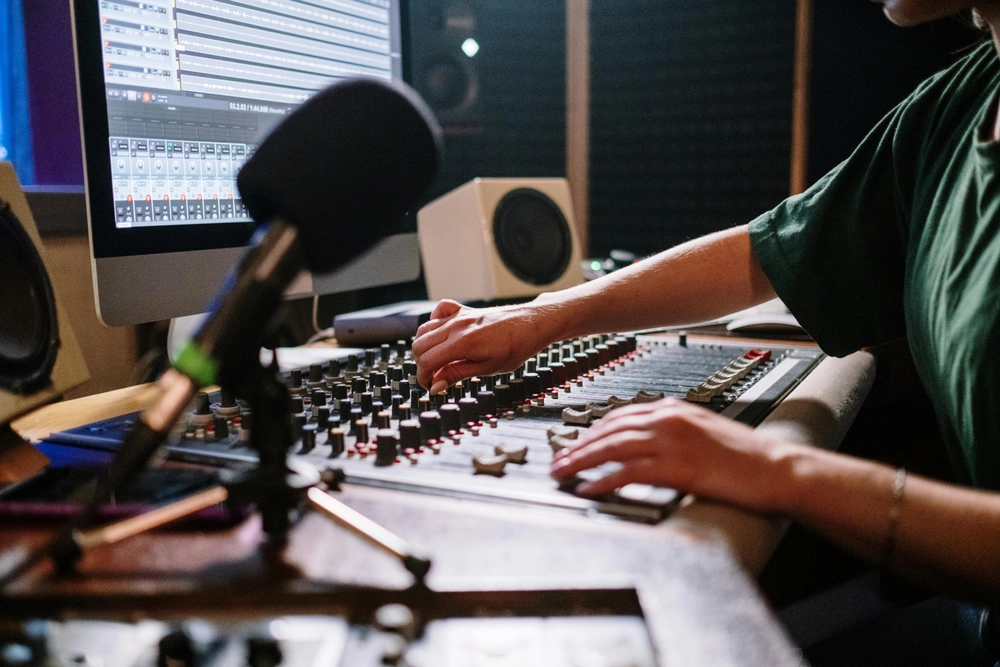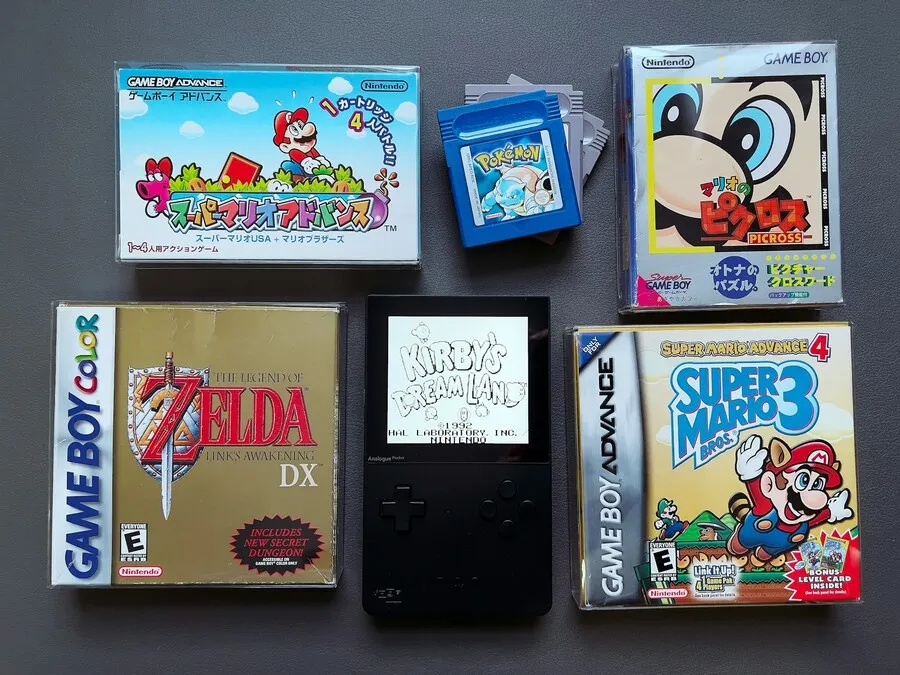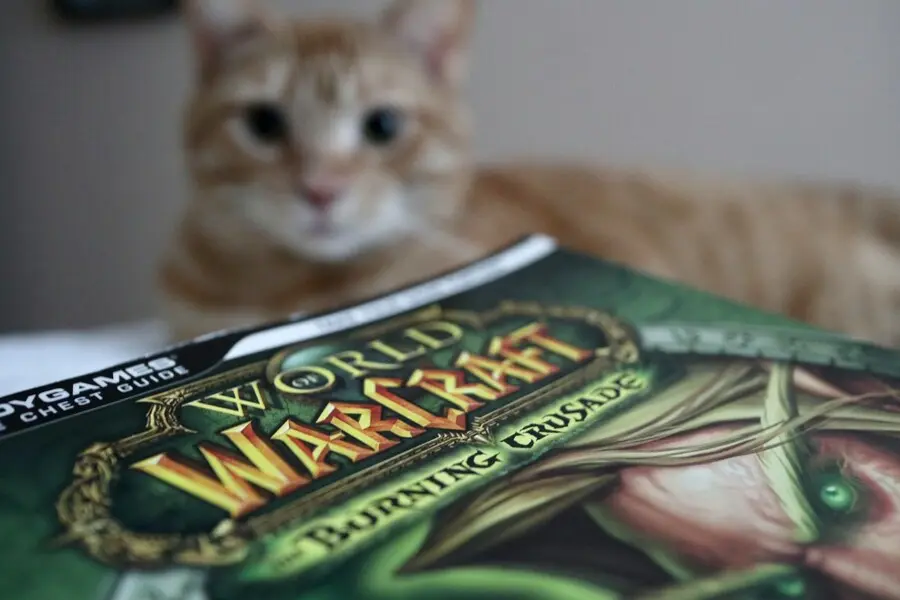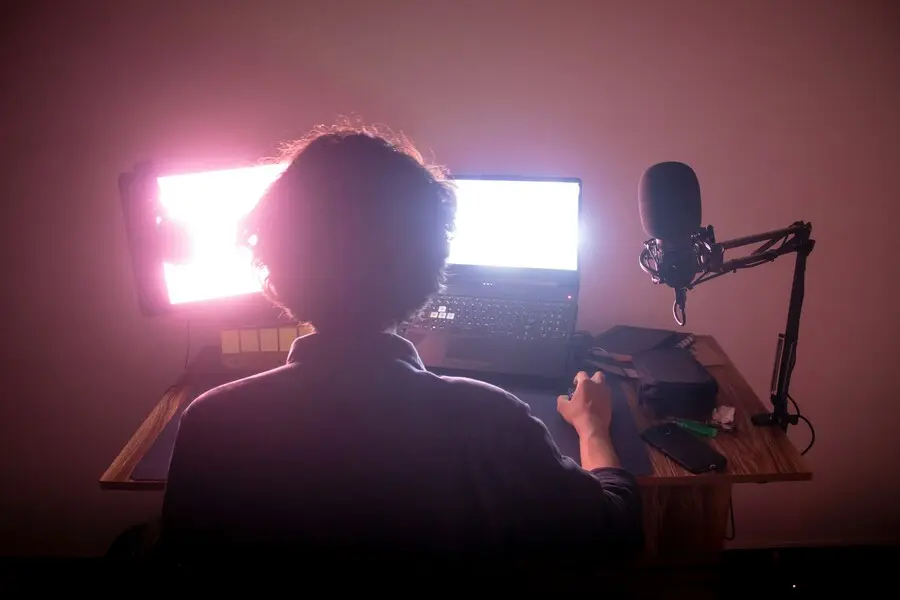Music has not lost its inherent character ever since the times of prehistoric percussion, but recording media is becoming more and more intangible. MP3 is gradually replacing the CD, record stores are disappearing and giving way to web shops, and search engines are now taking the place of the guy at the record store who used to tell you where to find the record you were looking for and also told you who was hot or not. Even though it’s not the case yet, soon iTunes, Napster and Amazon will surely sell more music than physical stores; and they have a great advantage over “real” shops: there’s no need for a warehouse anymore, the stock stays on a server and it can be replicated endlessly.
These developments affect the key players in the music industry and the role they have in the process of marketing an album. Until now, once the record was mixed and mastered, the artist depended on the financial support of a label to replicate a great number of copies and to dispatch them to the dealers. Both of these tasks are on their way to disappearing thanks to online music sales and service providers like Zimbalam.
Zimbalam.com is the “mass market” version of Believe Digital, a record label with its own artist roster and, at the same time, a special service provider helping traditional labels bring their catalog online. The idea behind Zimbalam is very simple: they put your songs in 20 online shops in 240 countries for a fixed rate under a non-exclusive distribution agreement. Having your demo on Napster, Amazon and iTunes is now possible for only £19.99 (two tracks) or £29.99 (three or more tracks).
One of the best surprises Zimbalam has to offer is that you get 90% of the royalties generated from the retail price, which means real money in the bank for each sale. If you sell two songs at £1.49 each, at the end of that quarter you’ll get around £2.20 from the sale. You can also claim back an additional percentage of the sale as a song-writer’s royalty through the PRS, to further increase you revenues. Excellent royalties, absurdly low prices and a non-exclusive agreement? It seems too good to be true. That’s why we went to Believe Digital’s offices in Paris (France) to learn more about Zimbalam and to test their services. We met Denis Ladegaillerie, a skilled lawyer who has worked for Universal Music US, eMusic, MP3.com, Rollingstone.com, and is co-founder and CEO of Believe Digital.
He was very straightforward when asked about the reasons for founding Zimbalam:
The record industry is like a pyramid: you’ve got lots of artists starting out their career at the bottom and a few top-selling artists at the top. The pyramidal structure reflects a decrease in the number of artists as you move from one development stage to the next according to your notoriety, and the services you need to go on to the next level. When we started Believe Digital, our digital distribution service wasn’t really at the bottom side of the pyramid (Editor’s note: Believe Digital helped record labels sell their catalogs on the web), and we developed in two different directions: on the one hand, we went to the top of the pyramid by doing the same things as a traditional record label (promotion, web, radio, and TV marketing) and, on the other hand, we expanded downward with Zimbalam. Last year, for example, we received about 50,000 demos at Believe and we signed 200 deals. From those 200 artists we signed, some of them will make it and others won’t. But it’s the same thing with the 49,800 artists we didn’t sign: we can’t really know if they will succeed due to some other reasons. For example, one of them could work for a big communications group like Publicis and manage to license a tune for a Mercedes ad campaign, or another one might know the film editor of a big TV group and get one of their tunes to be the theme song of a new TV show. So an artist we overlooked could become a success for one of these reasons.
That’s why we decided to mix everything at Zimbalam… Still, the quality of the 49,800 demos we receive is not always the best. Moreover, I know Apple refuses certain applications for the App Store. So my guess was they were also picky when it comes to the iTunes’ music catalog, right?
Imagine my surprise when I found out that they accept everything when it comes to music. iTunes has been receiving demands from lots of artists hoping for a distribution deal for three years now and they’ve had some logistic problems so they forwarded them to us. When we told them we had already signed 200 deals from the 50,000 demos, they gave us hell and even threatened to stop working with us because they wanted everything.
Do they want to be the biggest?
They want to have the largest catalog. They also work on two levels: take, for example, a 15-year old girl whose parents paid for a recording session in a studio for her birthday. Telling her friends and relatives about it she might sell 15 or 20 downloads, but that actually generates a profit because logistic costs are so low. Even if she doesn’t sell enough to make a profit, she will contribute to the education of the people, because she will prompt her friends to pay for music instead of downloading it illegally.
Moreover, the content that could be considered “undesirable” is not a problem, given that not all songs are visible. On the iTunes start page there’s an editorial selection. Behind that you can have 300,000 or 1 million dubious quality artists and it’s not going to bug anyone.
The best way to make it through all that is with good communication and marketing strategies. What does Zimbalam offer in this regard?
With Zimbalam, we wanted to offer a clearly distinguishable service: we take care of the technical part but we don’t do any marketing or communication at all. You get a MySpace compatible player (Editor’s note: soon available for Facebook too) that can be embedded in all HTML applets, because we know it’s one of the most effective tools to convert your efforts into sales, but that’s it! Nevertheless, we have plans to offer some sort of individual artist microsite but we’re still in the developing stage right now.
There is no such Internet miracle…
From what we have seen, digital marketing is very similar to standard marketing: to promote an artist he has to be aired on the radio and highlighted on the Dailymotion, YouTube or iTunes home page. And you have the same bottlenecks in the digital world as in the real world: you can only put so many artists on the iTunes, Yahoo or MySpace home page. The people responsible for making the selection won’t promote an album if it hasn’t a certain quality level… In the end it’s the same story all over again.
Is it possible to switch from Zimbalam to Believe?
We follow download statistics – provided to us daily by iTunes – very closely so that we can discover an artist as soon as something starts happening around him. When that happens, we can contact him to propose a marketing campaign with Believe.
So, if I have £10,000 to make a record, does it make sense to spend £5,000 on the production and use the other half of my budget to buy my own songs in order to draw attention?
That’s something we’re fighting against. We’ve seen a lot of that going on in Italy. But that’s totally useless because iTunes has all the information about the buyer (credit card number, login, etc.) The funny part about it is that the people who do that usually buy songs in round amounts…
And what about non-exclusivity? That’s something not very common in the record industry, is it?
Yes, but if you already paid Zimbalam to put your song on iTunes it doesn’t make any sense to try to upload it again to the same store through one of our competitors.
You have no presence in services like Deezer. Is it deliberate?
Yes. Right now, every time a song is streamed on Deezer it brings between 1/10 and 1/15 of a dollar to the composer. It didn’t seem financially interesting for
the artist, from our point of view. Especially considering Deezer tends to cannibalize the MP3 market.
Do you pay attention to copyright, for example, to check if the songs being uploaded are registered in a collecting society?
We aren’t paying much attention to whether or not our clients are members of collecting societies because right now European distribution services pay collecting societies without distinguishing between members and non-members. So every time a tune is bought for £0.99, the corresponding collecting society gets seven cents in mechanical royalties, regardless of whether the composer is a member or not. If we were to ask all online shops to give us the amount corresponding to non-members so that we could give it directly to artists who aren’t affiliated to a collecting society, they wouldn’t be able to do it.
So you’re saying collecting societies receive money that doesn’t belong to them?
Yes, but they know who the money belongs to, so if that artist becomes member he has two years to claim his royalties. We would advise all our UK artists to register with collection societies wherever possible as the benefits are not limited to just additional royalty collection, societies such as the PRS in the UK have many additional member discounts and free services that independent musicians can benefit from, they are also free to join.
(Editor’s note: I called the French collecting society, SACEM, to ask them about this matter and they denied getting paid for artists who are not in their repertoire. I guess the best way to find out what happens to that money is to go ask Apple directly.)
Could it be useful for an artist to have songs in different online shops to become a member of a collecting society like, say, SACEM?
I actually contacted the French collection society (SACEM) to ask about that and they told me they are considering the possibility of artists becoming members if they reach a given amount of sales. But it isn’t possible yet…”
Zimbalam and me
After this chat, I had to test the quality of the service provided by Zimbalam to see if it really is what they say it is. I took two demo songs and a CD cover made with Photoshop and signed up for the £19.99 two-song pack. The back office, from the uploading of songs to the online management of content, is very clear and well thought out. You have the possibility to monitor your sales in real time (at least on iTunes) and to check your account statement as well as your agreement with Zimbalam. Do keep in mind that all data assigned to the files can’t be modified once the songs have been uploaded to the online shops, which takes somewhere between two and six weeks depending on the shop. So pay attention to that, especially considering that the different shops don’t always faithfully reproduce the information you originally entered. In my case, my artistic name “[nwaR]” became “Nwar” on iTunes because Apple’s catalog specifications prohibit the use of special characters and the free use of capitalization. It’s a pity considering that “Nwar” makes no sense and that Fnac and Amazon do display the name [nwaR] correctly.
When it comes to pricing strategy, it varies from one store to the other (only French stores tested). On the online form I selected EUR0.99 as the price per song and EUR1.49 for both songs, but only iTunes seems to respect my will. As a consequence, buying both songs on fnac.com costs EUR1.98 while Amazon set the price per song at EUR0.79. When I contacted Zimbalam they told me I will always get the same amount from all stores given that Amazon has a very aggressive sales strategy and they cut back on their profit margin. I’ll have to get back to you on that matter because payment is due quarterly and I haven’t received the first bank transfer yet.
I should note though, that in the UK market and across Europe, iTunes is the store with the most different pricing brackets available so artists are likely to see a slight differentiation between the price of their release on some stores. This is mostly applicable to releases priced in the mid-range (EPs and mini-albums) as this is where iTunes has more options than most stores and the stores without the same pricing plateaus will simply sell the release at the nearest level they have, which could be around £1/1 Euro more or less than the specified sale amount.
What’s even more annoying: I specified that the album cover was licensed under a Creative Commons License but my songs got classified as Creative Commons – probably due to a parsing error – even though I clearly stated the author and composer (Arnaud Cueff) before uploading.
Let’s Start Selling!
As we mentioned in the interview, Zimbalam gives you a player you can embed in your MySpace, or any other website, by copying and pasting a small HTML source code. The player is well conceived, freely customizable (particularly regarding size) and it not only provides access to online stores, but also to the artist’s bio or even to a video clip. A Facebook version is due soon and I couldn’t use it on my WordPress blog because WordPress deactivates Javascript components for security reasons. I did however manage to embed it by installing an open-source WordPress on a Free server.
Still, a well-designed player and an outdated blog due to lack of time aren’t enough to become the new chanson star. Apart from the excitement of reading your name listed on iTunes when you look for it, you’ll surely understand what Denis meant when he said that Zimbalam simply provides a technical service. Even if I convinced my friends and family to buy my album, my sales figures wouldn’t rise much and I still wouldn’t be any more interesting than before when it comes to signing a record deal with a label.
To be successful I would have to improve the ranking of my website, create buzz around my music, find as many listeners as possible, and play gigs. Maybe then would Zimbalam allow me to earn some real money.
But the deal is fair enough: 20 shops for £20. I can’t wait to get my royalties at the end of the quarter. You can be sure I will show you my bank statement when I get paid. I have no way to know if I’ll be able to afford a beer with the money I earn, but I’m positive about the fact that people who promote their songs can get real benefits out of this kind of service, and maybe even more with a bit of luck…
Source by Sarit Bruno












